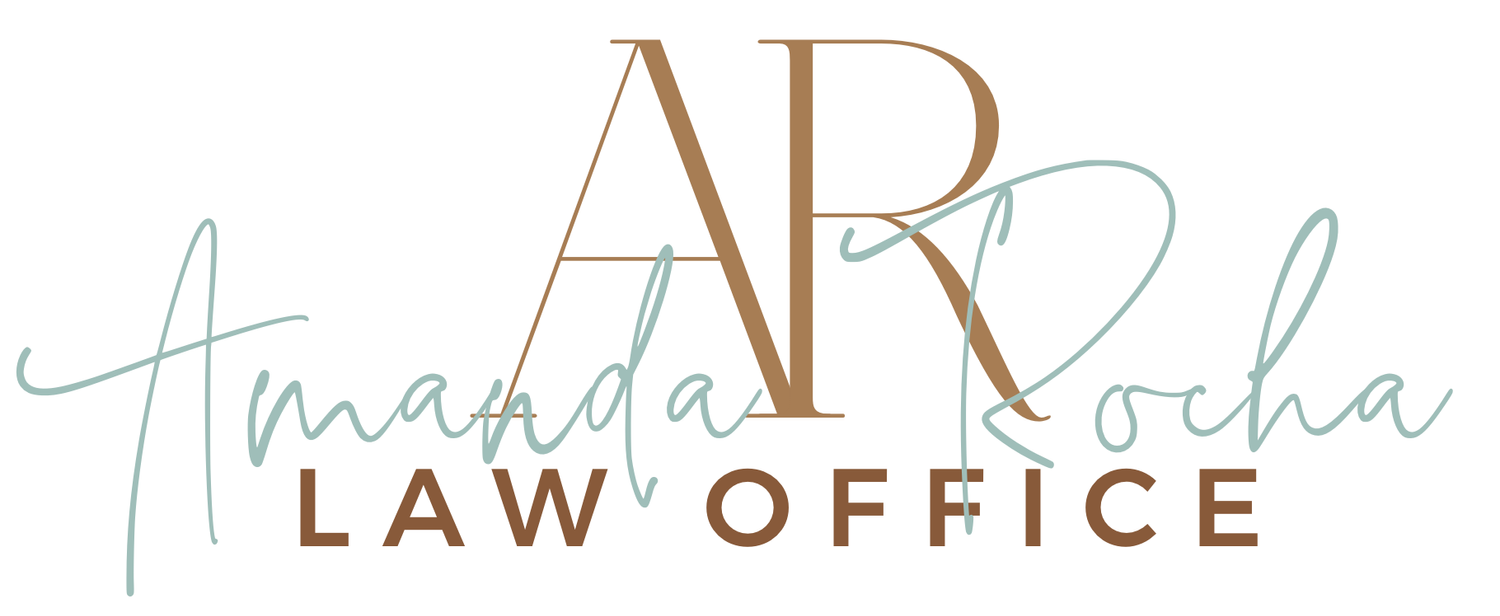Estate Planning for Winery and Vineyard Owners
We are blessed in California to be in a climate that allows for the existence of our beautiful wine country. If you are lucky enough to be in a position to own a vineyard or winery, you know just how specialized of a business it is and just how important it is to pass it on correctly.
Unfortunately, many people fail to plan and their assets are left to be split between heirs who do not always agree on keeping it going. There are special considerations to make when winery and vineyard owners create an estate plan.
Estate Planning and Business Succession Planning are both needed
Many winery and vineyard owners have 2-3 businesses, first and foremost is tending to their agricultural business. Second is commonly that of the event industry by renting out spaces for weddings, parties, etc. Third is that of the retail business with not only wine but branded content and often times gifts and gourmet food and more.
A person in this position must put into place a plan to keep their businesses going during a period of incapacity and after death as well as an estate plan for your property and personal effects.
If these plans are not properly crafted, the business and land could be split or sold if multiple heirs are in disagreement with what to do, or if creditors are involved.
Specialized Tax Issues Exist for Winery and Vineyard Owners
Not only is your business a retail business, but it is agricultural. This means that you may qualify for farming provisions of the Income Tax Act. It is important to discuss this with a tax professional and to work closely with an estate planning attorney to ensure that your family can avoid certain capital gains taxes when the property is rolled over to the next generation if you qualify.
Considerations for the Property if you Live on It
If you live on the land that your vineyard and winery are located, you want to be sure that the estate planning and business succession planning aspects of your livelihood are in sync. One mistake people make is to draft their own will, rely on joint property agreements, and then form a separate LLC or business entity. Without having a team consisting of an estate planning attorney, a financial advisor, a tax advisor, and insurance advisor, you run the risk of leaving something out, disinheriting someone, causing your heirs to pay heavily in taxes or fines, and/or unintentionally causing your staff to become unemployed and losing their livelihoods due to your poor planning.
Schedule a free consultation to discuss your unique needs!
